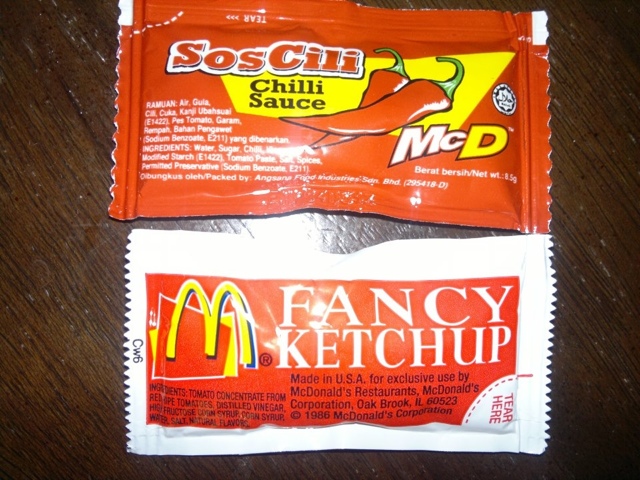Nicholas Restaurant - Portland
Nicholas Restaurant is a family-owned Lebanese restaurant that offers a wide selection of halal options. They have a separate halal menu that includes dishes such as shawarma, falafel, and kebabs. Their food is made fresh daily, and they use only high-quality ingredients. Nicholas Restaurant also offers vegan and gluten-free options.
Sultan's Mediterranean Cuisine - Beaverton
Sultan's Mediterranean Cuisine is a family-owned restaurant that offers a variety of halal options. They use only fresh ingredients and cook their food to order. Their menu includes dishes such as shawarma, falafel, and kebabs. They also offer vegetarian and vegan options.
Zaalook - Portland
Zaalook is a Moroccan restaurant that offers halal options. Their menu includes dishes such as lamb tagine, chicken couscous, and harira soup. They also offer vegetarian and vegan options. Zaalook is known for its authentic Moroccan flavors and cozy atmosphere.
Pambiche - Portland
Pambiche is a Cuban restaurant that offers halal options. They have a separate halal menu that includes dishes such as arroz con pollo and ropa vieja. Pambiche is known for its vibrant colors and lively atmosphere.
Yemeni House Restaurant - Salem
Yemeni House Restaurant is a family-owned Yemeni restaurant that offers halal options. Their menu includes dishes such as lamb haneeth, chicken mandi, and lamb kabsa. Yemeni House Restaurant is known for its authentic Yemeni flavors and warm hospitality.
In conclusion, Oregon offers a variety of halal food options for Muslim consumers. From Lebanese and Moroccan to Cuban and Yemeni, there are many restaurants that cater to the halal market. These halal spots in Oregon offer high-quality, delicious food that meets the halal requirements.





















